can air purifier cause dry eyes
Air pollution is an increasing concern in most cities. Oils, dust, and other tiny particles released into the air can cause irritation to your eyes, nose, throat and lungs. If you live in a city or spend a lot of time outdoors in smoky environments, it’s very likely that you’ll experience the consequences of this sooner than later.
One of the common effects of air pollution is dry eyes. When particulate matter enters your body through direct exposure or inhalation, it causes irritation to your eyes.
These particles can get trapped inside your conjunctiva (outermost layer) and reduce its oil production. As a result, they dry out your eye as well as make it more susceptible to infection from germs such as bacteria or fungi.
In this blog post we’ll cover everything you need to know about how an air purifier can cause dry eyes and how you can prevent it.
Air Purifier and Dry Eye Syndrome
Air purifiers are used to clean the air in your home or office. They range from simple devices that use a fan to create negative pressure in a room, to complex machines that capture and filter dirty particles from the air. One of the most common effects of air pollution is dry eyes.
Pollution can cause irritation to your eyes, leading to dryness and infection. As such, it’s important for people with dry eye syndrome to regularly use an air purifier in their homes or offices.
An air purifier can improve respiratory health by filtering out particulate matter and pollutants from the air. It can also reduce symptoms of asthma and allergies due to improved airflow.
With this being said, you may also want to consider purchasing an air purifier if you’re experiencing dry eye symptoms such as redness, burning sensations, stinging, itching and watery eyes.
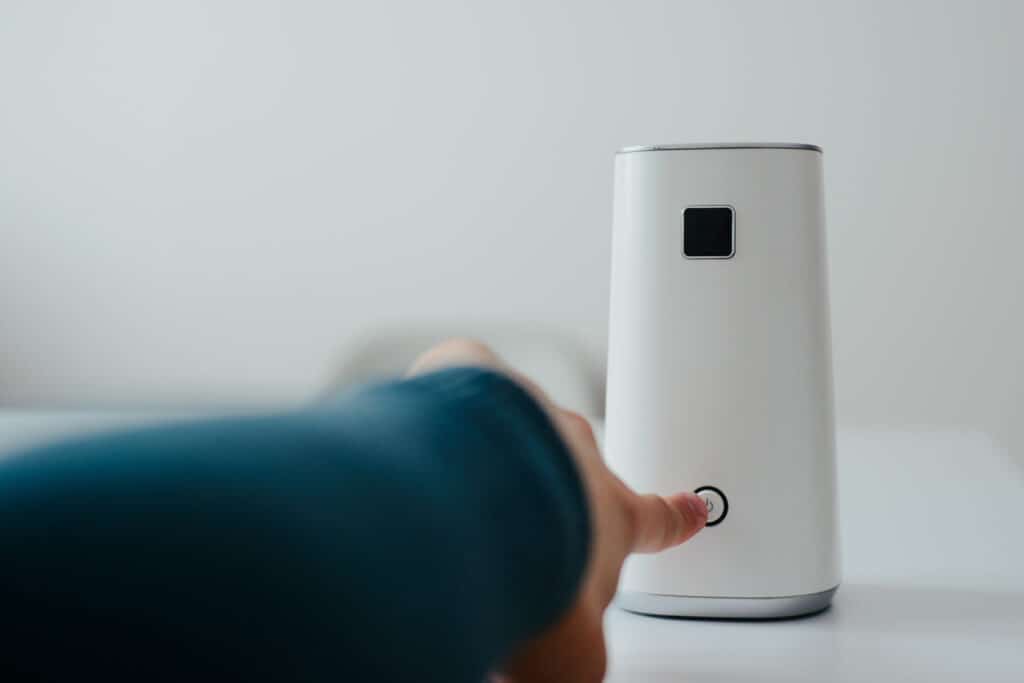
What is Air Purification?
Air purification is the process of removing harmful contaminants from the air that you breathe.
Air purifiers can be categorized into two main types: particle and gas. Particle purifiers capture microscopic particles like dust and pollen, while gas purifiers filter out harmful gases such as carbon monoxide or ozone.
There are a variety of options for which type of air purifier to purchase based on your needs and budget. The best type of air purifier for you depends on the size of your home, what kind of allergens you’re exposed to, whether or not you have pets at home, and more.
How an Air Purifier Can Cause Dry Eyes
Air purifiers are a great way to remove particulate matter from the air, which can help prevent dry eyes. Make sure you use your air purifier in a place that is well-ventilated and away from windows.
If you have an air purifier, test it out on your eyes to make sure it removes particulate matter effectively. These filters can also be cleaned regularly so they don’t get clogged with bacteria or fungi that could cause irritation.
If you live in a city or spend a lot of time outdoors in smoky environments, chances are that your eyes will experience dryness from the irritants present in the air.
The good news is you can prevent this by investing in an air purifier and cleaning it regularly.
3 Ways You Can Use an Air Purifier to Prevent Dry Eyes
One way you can prevent dry eyes is by using an air purifier. If you have a lot of particulate matter floating around your home, then an air purifier is the perfect solution for your dry eyes.
Not only will it remove dust, fumes and other harmful substances from the air but it will also provide relief from dryness by adding moisture back into the air. Many models come with pre-set filters or changeable ones so you can customize the environment to your specific needs.
Another great way to prevent dry eyes is by replacing your pillow case every night with a humidifying pillow cover. The average person spends at least half of their time sleeping at night so this is a simple solution that will give you relief in no time if you’re having a hard time keeping up with dry eyes.
The third way to prevent dry eyes caused by an air purifier is by wearing goggles when doing renovations around the house or working outside with dust, paint and other particulate matter in the air. This will protect your nose and mouth from getting irritated as well as protecting your eye from getting dried out and infected.
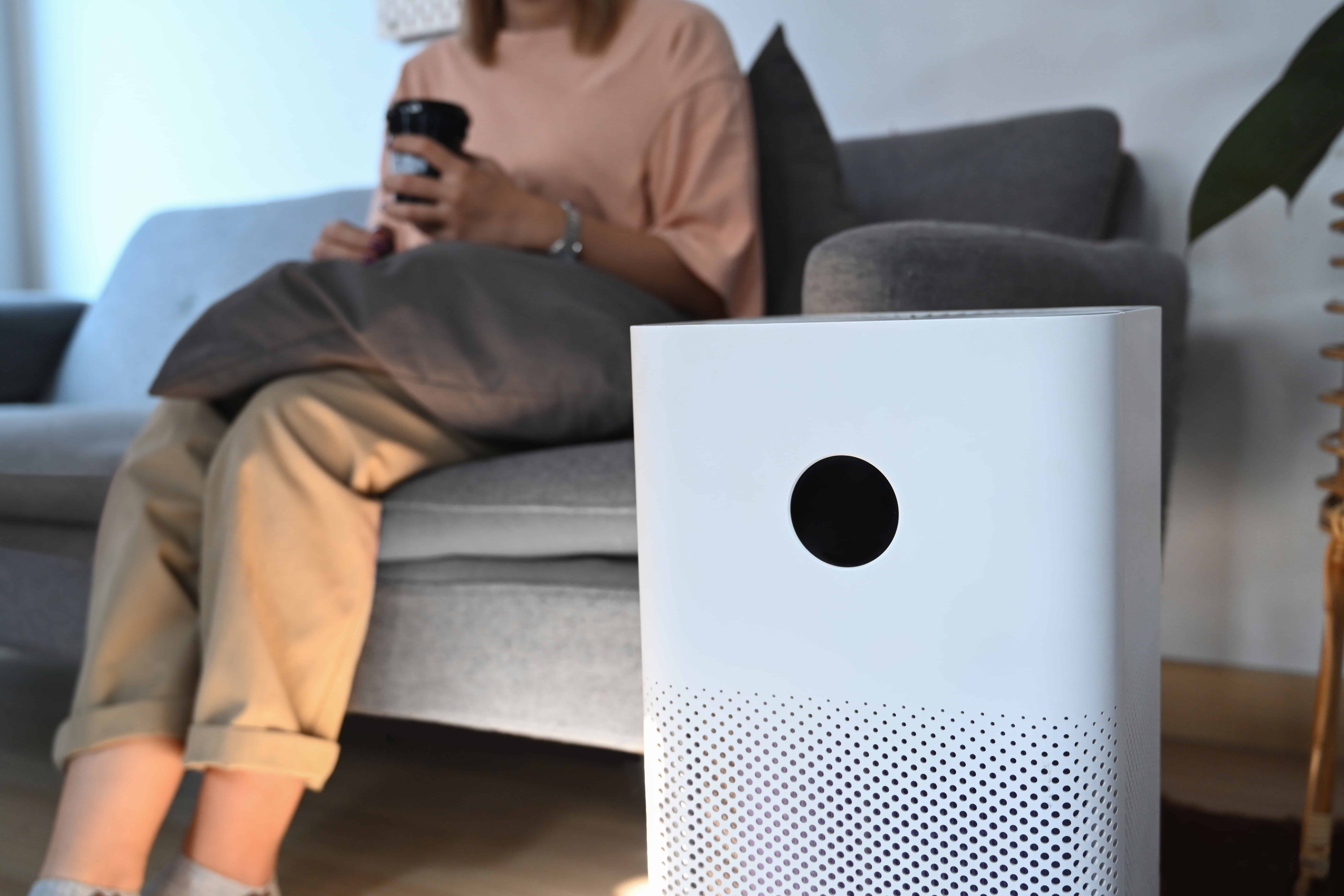
FAQs
What are the consequences of air pollution for the eyes?
Air pollution is a global concern, and its consequences on our eyes are well documented. There are serious concerns that exposure to air pollution can cause health problems, even death.
Individuals who are most susceptible to the negative effects of air pollution are the young, elderly, and those with preexisting health conditions. The most common health effects of air pollution include:
Ocular complications: These include eye redness/blepharitis (dry eyes), cataracts, and photophobia (light sensitivity).
Corneal wounds: These are usually associated with outdoorsy individuals due to their frequent exposure to sharp particles from sand, stones, and snow. Corneal injuries can lead to blindness if not treated promptly.
Progressive corneal thinning: This condition occurs when the front layer of the eyes becomes so thin that it loses elasticity. This can result in displacement of the iris and ultimately glaucoma. Disc membrane protein is typically decreased significantly during this stage.
Cataracts: Cataract formation is amongst the most serious ocular complications connected with air pollution. A cataract develops when there is cell damage in the lens of the eye. The lens acts as a “heat shield” ensuring light only passes through the pupil straight into the retina at a very narrow angle.
When this shield is compromised or replaced by a cataract, we see reduced visual acuity and blurry vision. Additionally, it may lead to blindness if not treated effectively.
Glaucoma: This painful condition will cause visual field loss that can slowly worsen over time with no treatment available for some time. Glaucoma usually results in blindness as well unless treated.
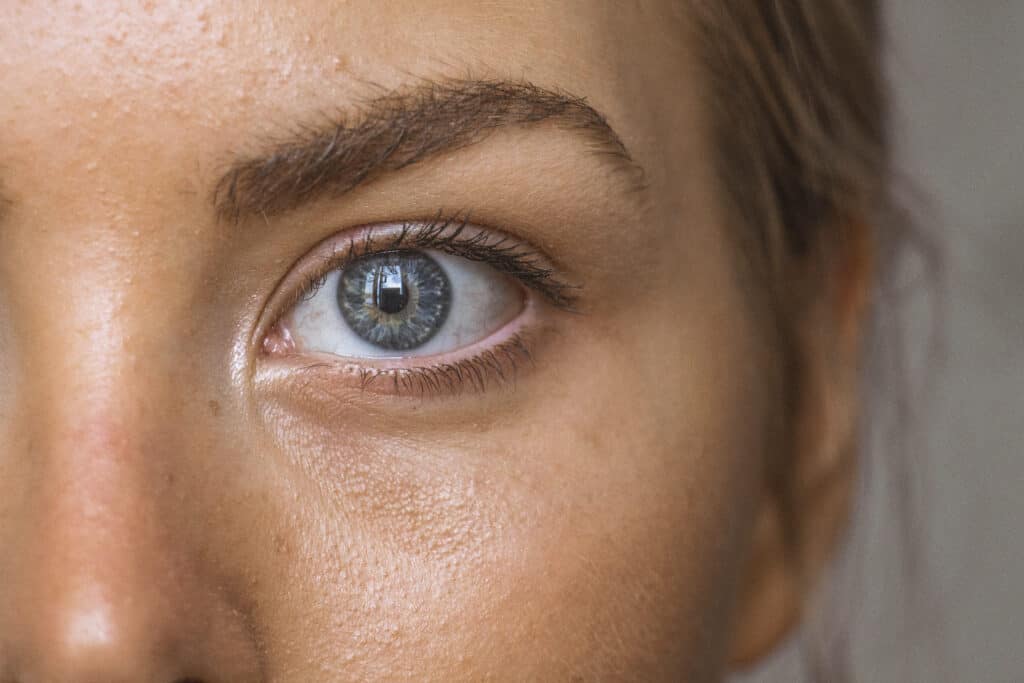
What can you do to avoid air pollution and its effects on the eyes?
Dry eyes are a very common side effect of air pollution. In fact, it is some of the most commonly reported complaint in family physicians’ office, and it is frequently the first complaint that people with dry eye syndrome present to their doctors.
The following are some of the contributing factors to dry eyes:
1. Direct exposure to air pollutants, such as smog, smoke from fires, and soot from industrial activity.
2. Eye strain and fatigue from reading or other activities that involve eye movement.
3. Autoimmune diseases such as Sjögren’s syndrome or systemic lupus erythematosus (SLE).
4. Refractory Sjögren’s disease and scleroderma can both involve thickening of the tear film due to impaired exfoliation of tears (tears rub off the outermost layer of your conjunctiva). This thickening causes tears to pool and become more difficult to shed.

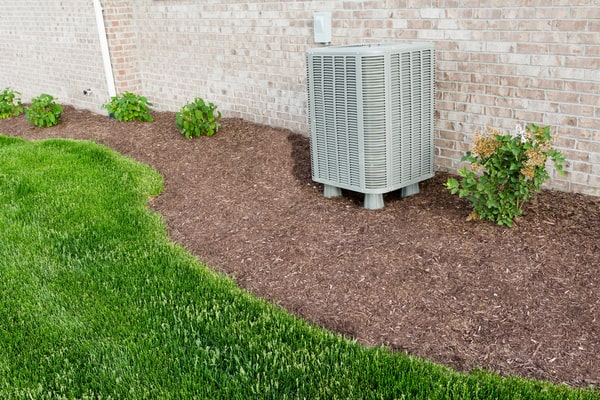
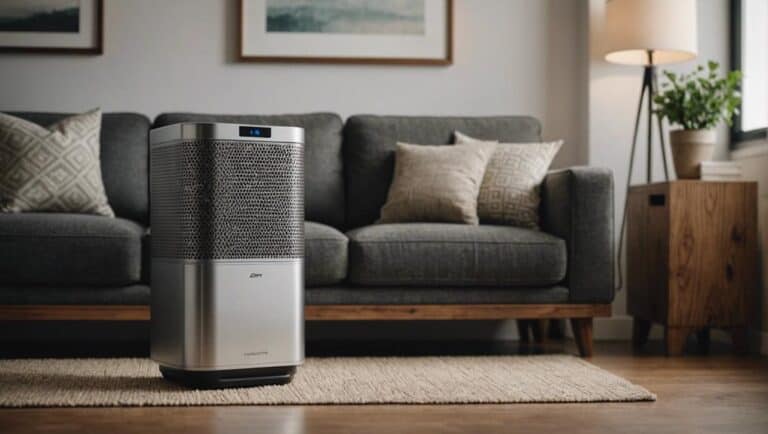



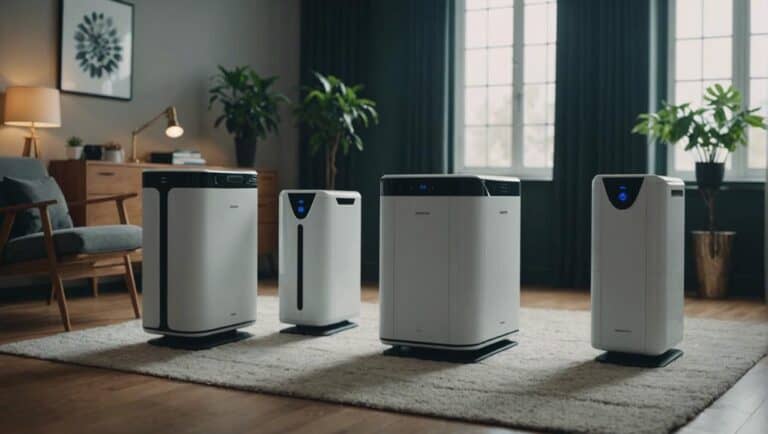
One Comment